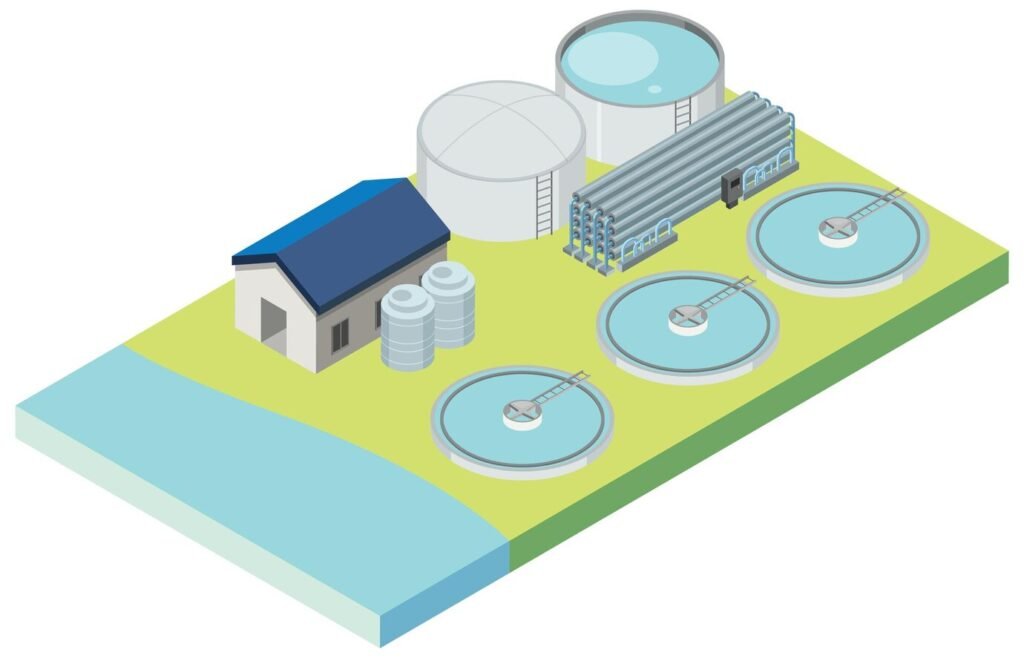BIOTECH septic tanks, also known as biofilter septic tanks, are a type of wastewater treatment system that utilizes biological processes to enhance the decomposition and treatment of sewage.
Unlike conventional septic tanks that rely solely on gravity and sedimentation, BIOTECH septic tanks employ a combination of biological and physical treatment mechanisms to achieve superior effluent quality.
This advanced technology offers several advantages over conventional septic tanks, making them a popular choice for residential, commercial, and industrial applications. However, a common question among homeowners and property managers is whether BIOTECH septic tanks require cleaning or maintenance.
Understanding BIOTECH Septic Tank Operation
To effectively address the question of cleaning requirements, it’s essential to understand the operation of BIOTECH septic tanks. These systems consist of two primary chambers: a settling tank and a biofilter chamber.
Wastewater enters the settling tank, where solids settle to the bottom, while clarified liquid flows into the biofilter chamber. The biofilter chamber houses a bed of filter media, typically made of plastic or ceramic, that provides a habitat for beneficial bacteria.
These bacteria break down organic matter and pollutants in the wastewater, further purifying the effluent before it is discharged into the environment.
Factors Affecting Cleaning Frequency
The cleaning frequency of a BIOTECH septic tank depends on several factors, including:
1. Tank Size and Usage
The size of the septic tank and the volume of wastewater it receives daily influence how often it needs to be cleaned. Larger tanks with higher usage may require less frequent cleaning compared to smaller tanks with lower usage.
2. System Design and Components
The specific design of the BIOTECH septic tank and the components it incorporates can impact cleaning frequency. For instance, tanks with advanced features, such as effluent filters or recirculation systems, may extend the time between cleanings.
3. Local Regulations and Requirements
Local regulations and requirements may dictate the minimum frequency for cleaning BIOTECH septic tanks. It’s crucial to comply with local guidelines to ensure proper system operation and environmental protection.
Signs Indicating a Need for Cleaning
While BIOTECH septic tanks are designed for efficient operation and minimal maintenance, there are certain signs that may indicate a need for cleaning:
1. Slow Draining
If wastewater is draining slowly from sinks, toilets, or showers, it could be a sign that the septic tank is nearing capacity or requires cleaning.
2. Odors
Unpleasant odors around the septic tank area may indicate that the system is not functioning properly and needs attention.
3. Sewage Backups
If sewage backs up into drains or toilets, it’s a clear indication that the septic tank is full and needs immediate cleaning.
4. Visible Sludge Buildup
If sludge buildup is visible near the septic tank outlet, it suggests that the tank is overloaded and requires cleaning.2
Recommended Cleaning Schedule
As a general recommendation, BIOTECH septic tanks should be inspected and cleaned every 3-5 years.
However, the actual cleaning frequency may vary depending on the factors mentioned earlier.
It’s advisable to consult with a qualified septic tank service provider to determine the appropriate cleaning schedule for your specific system.
Conclusion
BIOTECH septic tanks offer a superior and eco-friendly wastewater treatment solution, but they still require periodic maintenance to ensure optimal performance and environmental protection.
Understanding the factors that affect cleaning frequency, recognizing signs that indicate a need for cleaning, and following a recommended cleaning schedule are essential for maintaining a well-functioning BIOTECH septic system.
By taking proactive measures, homeowners and property managers can ensure that their BIOTECH septic tanks continue to operate effectively for years to come.






